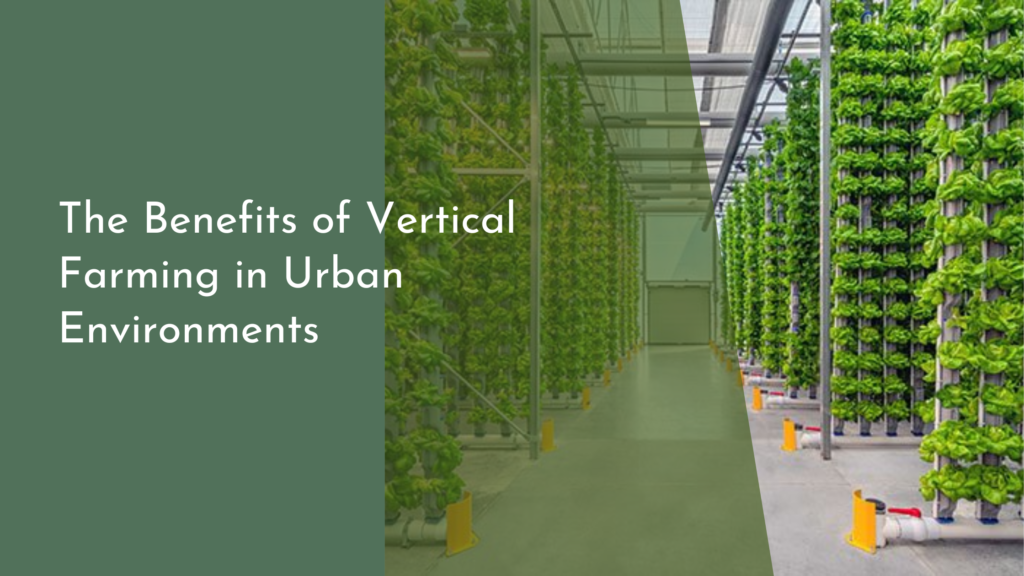Empowering Youth through Permaculture Education
In an age of environmental challenges and shifting food systems, permaculture offers a holistic approach to sustainable living. Encouraging young people to engage with nature through permaculture education not only nurtures their connection to the earth but also empowers them with essential skills for future resilience. This article explores the transformative power of permaculture education for youth, emphasizing hands-on learning, life skills, and the benefits that ripple through the community.
Cultivating a Greener Future: The Power of Permaculture
Permaculture, a term derived from "permanent agriculture" and "permanent culture," promotes sustainable land use and harmonious living with nature. By teaching young people the principles of permaculture, we inspire them to become stewards of the environment, capable of creating sustainable systems that benefit both people and the planet. From designing productive gardens to restoring ecosystems, permaculture education offers a framework for addressing today’s pressing ecological issues.
Furthermore, the principles of permaculture are not just applicable to farming; they extend to everyday life. Teaching youth about the interconnectedness of ecosystems fosters a sense of responsibility and community awareness. As they learn to observe and interact with their environment, young people become more conscious of their choices, leading to a greener future filled with eco-friendly innovations and practices.
Engaging Young Minds: The Joy of Hands-On Learning
Permaculture education thrives on experiential learning, allowing young minds to engage with nature in a dynamic, hands-on way. By participating in garden design, soil building, and plant care, students experience the joy of nurturing growth from seed to harvest. This interactive approach not only makes learning enjoyable but also reinforces key concepts in ecology, biology, and sustainability through practical application.
Moreover, hands-on learning promotes critical thinking and problem-solving skills, as students navigate challenges like pest management or soil health. This active engagement cultivates a sense of ownership and pride in their projects, motivating youth to invest time and effort into their learning. The joy of seeing tangible results—from a flourishing garden to a bountiful harvest—creates lasting memories and inspires a lifelong commitment to sustainable practices.
Skills for Life: How Permaculture Builds Resilience
Permaculture education equips youth with a diverse skill set that prepares them for various life challenges. From gardening and cooking to teamwork and project management, these skills foster resilience and adaptability. As young people learn to work with natural systems, they also develop critical life skills such as patience, creativity, and resourcefulness. These qualities are invaluable in navigating the complexities of modern life, providing a strong foundation for personal and professional success.
Additionally, permaculture encourages a mindset of sustainability and innovation. By understanding the principles of renewable resources and closed-loop systems, youth are empowered to think creatively in addressing issues like food security, climate change, and community development. This education not only prepares them for future careers in sustainability but also instills a sense of agency, allowing them to take initiative in their communities and become changemakers in society.
Growing Together: Community Benefits of Youth Programs
Investing in permaculture education for youth brings profound benefits to communities as a whole. By engaging young people in sustainable practices, communities enhance local food systems, improve biodiversity, and promote environmental stewardship. Youth-led projects often inspire collaboration among community members, creating networks of support and shared knowledge. This collective effort strengthens community ties and fosters a culture of sustainability that can be passed down through generations.
Moreover, as youth take on leadership roles in permaculture initiatives, they contribute to a more inclusive and equitable community. Programs that empower young people often prioritize marginalized voices, ensuring diverse perspectives are heard in environmental discussions. This inclusivity not only enriches the learning experience but also cultivates future leaders who are committed to social and environmental justice, paving the way for a brighter, more sustainable future for all.
Empowering youth through permaculture education is a powerful way to cultivate a sustainable future. By engaging young minds in hands-on learning, we equip them with essential life skills while fostering a deep connection to the earth. The ripple effects of these programs extend beyond individual growth, creating resilient communities that thrive together. As we continue to invest in the next generation, we pave the way for a greener, more equitable world where both people and nature can flourish harmoniously.

